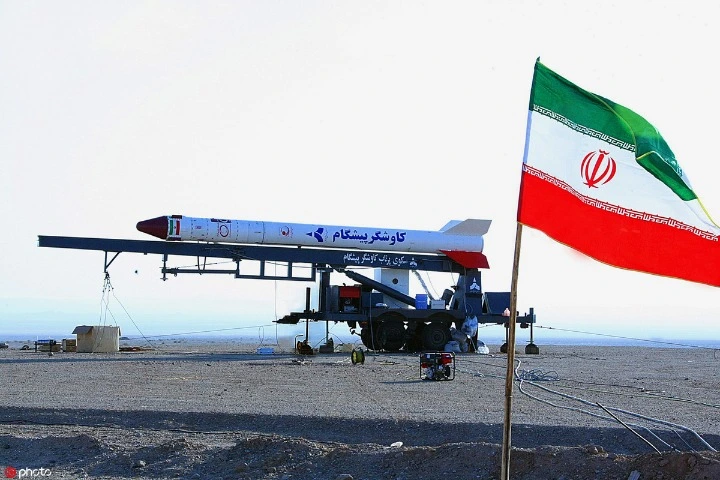(Opinion) Recent events in the Middle East have significantly escalated tensions, raising fears of a broader regional conflict.
A terror attack in Iran and intensified skirmishes in the Red Sea, coupled with Israel’s operations in Gaza and the assassination of a Hamas leader in Lebanon, have created a volatile atmosphere.
These incidents are intricately linked, each fuelling the other and adding complexity to an already fragile region.
The assassination in Beirut believed to be Israel’s doing, has drawn a retaliation threat from Hezbollah, increasing the risk of wider clashes.
Concurrently, the U.S. and allies have warned Yemeni Houthi militants, supported by Iran, against disrupting vital Red Sea shipping routes.
These routes are crucial for global trade, and disturbances here could have global economic implications.

The twin bombings in Iran, although seemingly unrelated to the Israel-Hamas conflict, add to the regional anxiety.
According to a former NATO commander, the likelihood of a regional war has uncomfortably risen from 15% to 30%.
This uptick, though still in the lower probability range, is alarming and warrants immediate attention.
To prevent further escalation, a multi-faceted approach is necessary.
Diplomatic efforts spearheaded by global powers
Diplomatic efforts, spearheaded by global powers like the U.S., EU, Russia, and China, must be intensified to de-escalate tensions and foster dialogue.
Addressing the root causes of these conflicts, including economic disparities and historical grievances, is crucial for lasting peace.
Moreover, the international community needs to be unequivocal about the repercussions of further aggression.
Economic sanctions and political isolation should be considered to deter hostile actions, while incentives for peace and cooperation should be amplified.
In summary, the Middle East’s situation is critical, with the threat of a significant conflict alarmingly high.
However, with concerted international diplomacy, a focus on underlying issues, and a clear peace strategy, there is a path to steer the region away from war and towards stability.

